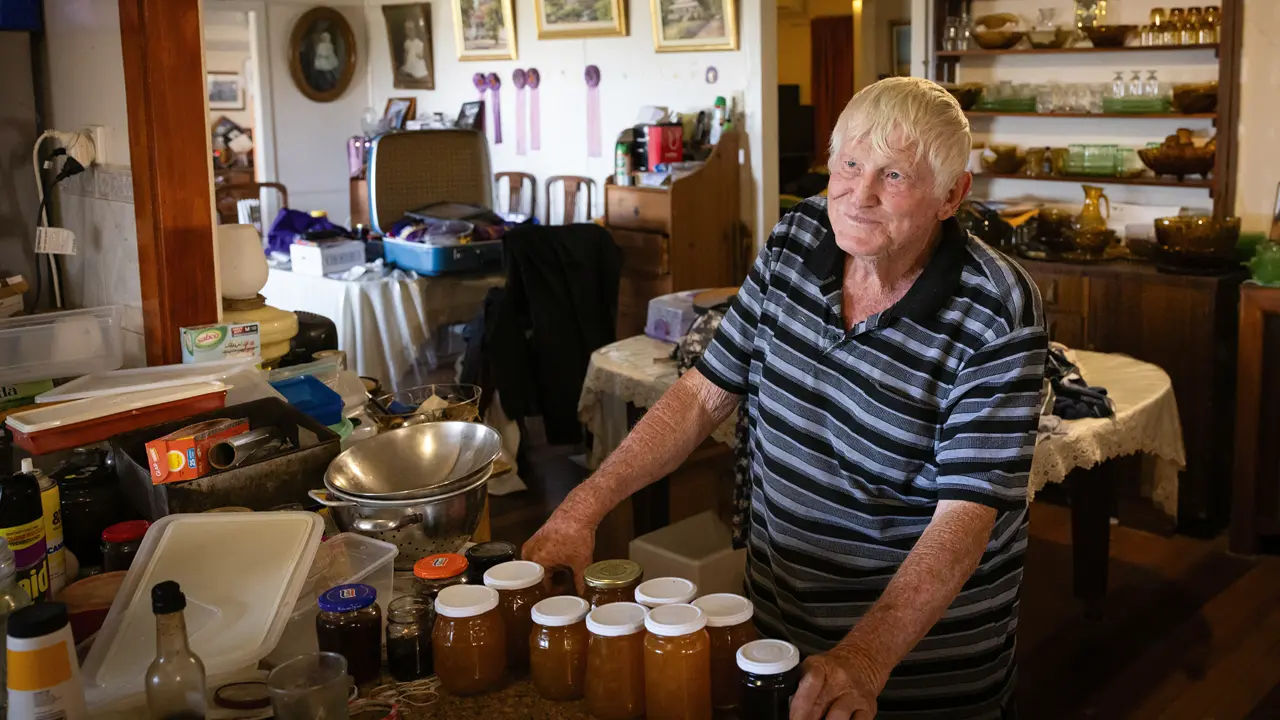Western Australia’s little-known Mackerel Islands are sparsely populated, relying on an oil-storage facility and a handful of tourists to keep the hideaway going.
Story By Chris Pritchard
Three tiger sharks keep circling the boat, each an impressive three metres long. On board four wheelie bins are crammed with the previous day’s scraps and leftovers from the filleting of catches. Soon the bins will be emptied into the ocean, continuing a years-long daily ritual that saves land waste and feeds giant cod.
The cod come regularly to this spot beyond the reef, the 100-kilogram monsters parking their enormous jaws at the edge of the vessel. Sharks ignore them but inevitably also show up to be fed. When the malodorous bins are empty, the boat heads back to the island. “People see these sharks and become nervous about snorkelling,” Mackerel Islands Resort manager Duncan Smith says. “It’s a pity. The sharks are out at sea but snorkelling areas are safely within the reef.”
Western Australia’s Mackerel Islands are as remote a slab of outback as exists. They’re pretty much only visited by those who fish, dive or snorkel. “Other people also trickle west from Australia’s western edge,” Duncan says. “They include a few obsessed about experiencing far-flung parts of the country few people see. The odd one just wants somewhere secluded to immerse themselves in a good book, try a little undemanding beachcombing or go for easy bushwalks.”
These gorgeously obscure islands are a mere 22 kilometres off Onslow, to Exmouth’s north-east at the edge of the Pilbara region. A tiny cluster of 10 Indian Ocean isles, they are pinpricks 1400km north of Perth. True coral atolls rather than continental islands, they squat flat against clear, reef-shielded sea. In a sense, the islands remain a West Australian secret. Nine of every 10 guests calls the giant state home. Many hail from the ochre dust of the Pilbara’s mining towns where an ongoing resources boom fuels prosperity.
Duncan and his wife Helen have managed this outpost for three years. Surfing aficionados, they’ve travelled the world in search of the perfect wave. When they came here, they planned to stay for only a year. “We fell in love with these islands, even though we have to go beyond the reef for a spot of surfing,” Helen says. “Now we have no plans to leave.”
This story excerpt is from Issue #56
Outback Magazine: Dec/Jan 2008









